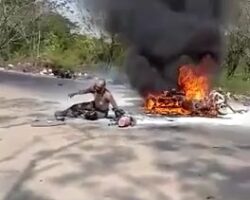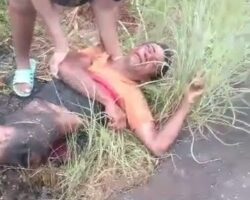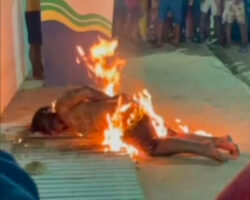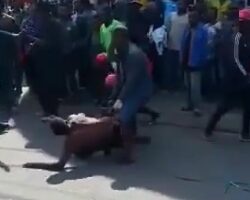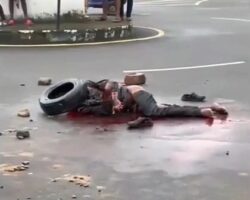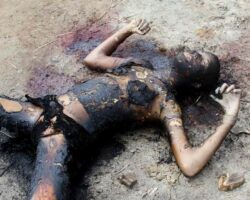Man was accused of kidnapping a child, which enraged a crowd who took justice into their own hands before the police even arrived. They nearly beat him to death, and when he was lying almost lifeless in the middle of the road, they poured flammable liquid over him and set him on fire.
In many African countries, cases of mob lynching, known as “street justice,” are increasingly common – immediate punishment carried out by the public outside the official judicial system. These incidents often stem from frustration with slow or ineffective courts, distrust of the police, or the spread of accusations through social media and local community networks.
Victims of street justice are most often people suspected of theft, violence, or other crimes. Crowds often act impulsively and violently, using sticks, stones, and sometimes firearms, with fatal injuries frequently resulting. In some cases, lynching becomes a mass phenomenon, with hundreds of people participating in “delivering justice” on their own.
According to humanitarian organizations and media reports, street justice in Africa reflects broader social problems – poverty, high crime rates, and lack of trust in state institutions. It also has devastating effects on communities – not only do victims often suffer fatal consequences, but local communities become destabilized and a culture of violence is reinforced.
Legal experts and activists call for increased protection for citizens and educational campaigns explaining the risks and illegality of lynching. They also recommend justice system reforms so that people see the effectiveness of legal procedures and do not replace them with informal, violent practices.
Lynching as a form of street justice remains a serious issue, intertwining social, economic, and legal factors, and requiring a coordinated response from both governments and international organizations.


